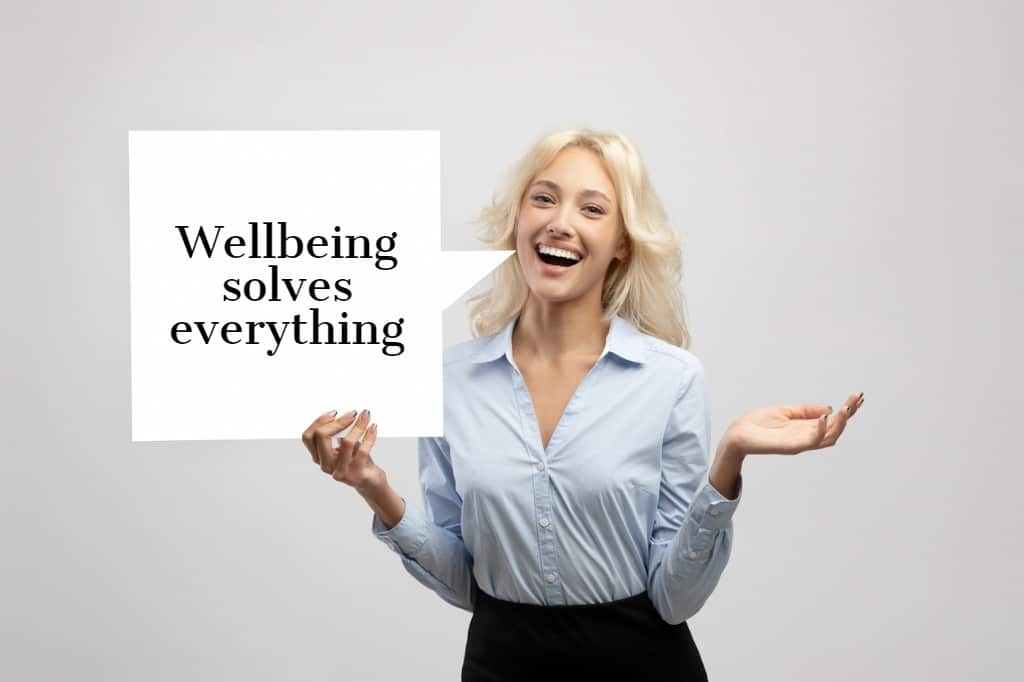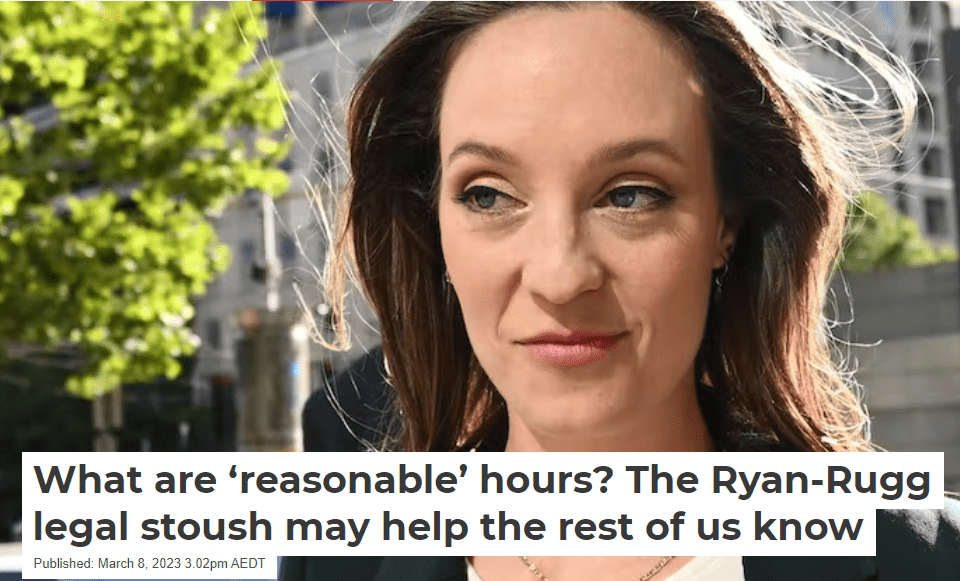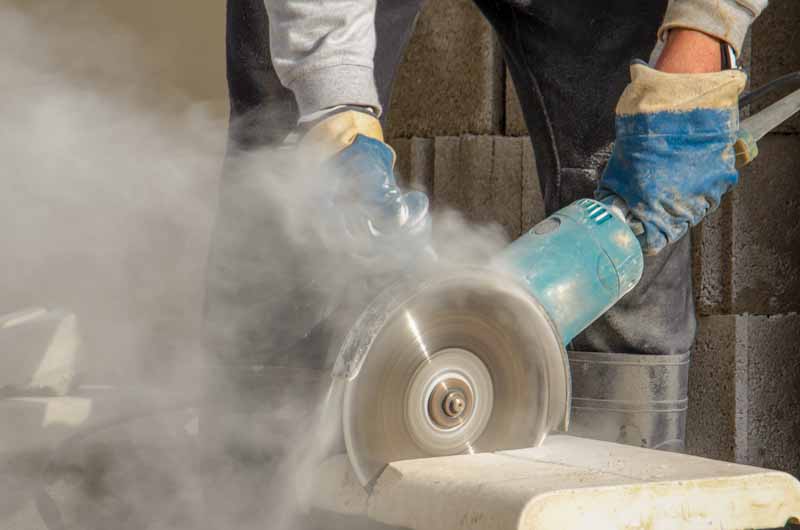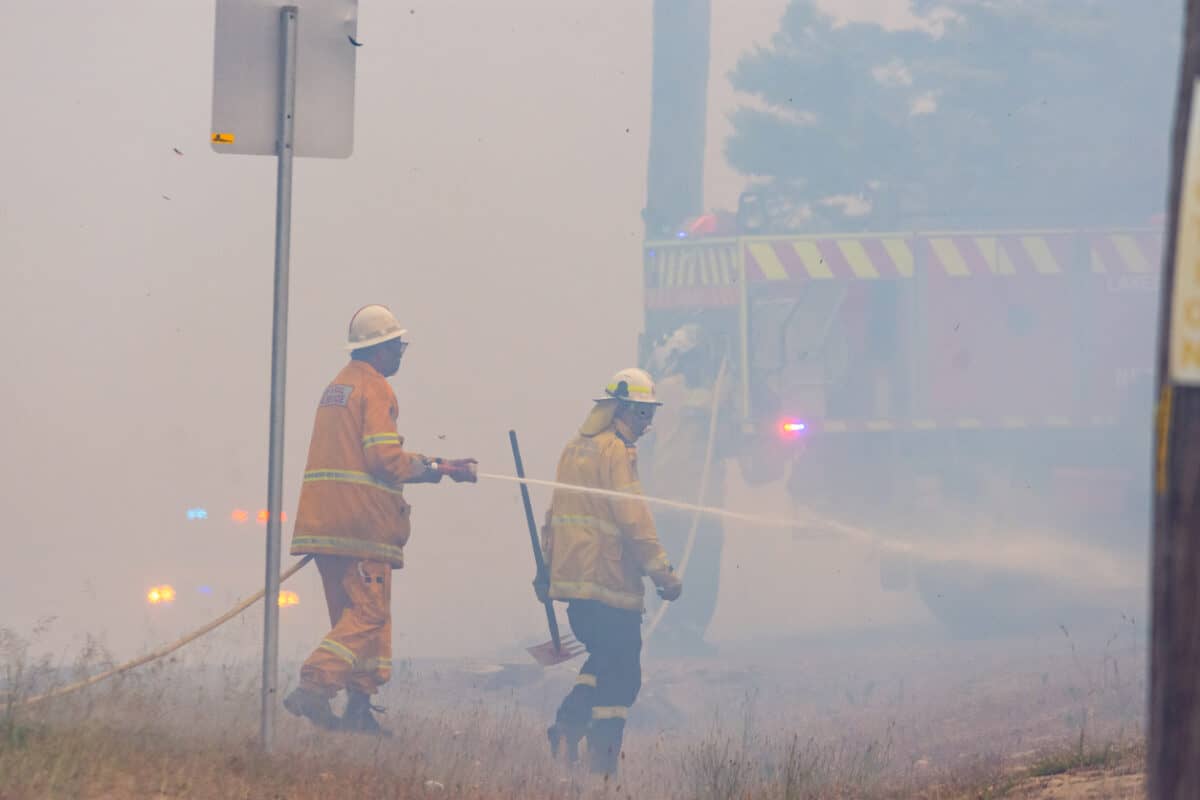One can never accuse politicians of deep or systems thinking on the issues and policies for which they are responsible. Victoria’s Minister for WorkSafe, Danny Pearson, spoke at a press conference on March 6, 2023, about the viability of the workers’ compensation systems, which he described as broken, during a substantial increase in claims for workplace mental injury. Premier Dan Andrews has spoken of this matter since and with a similar perspective – politics rather than occupational health and safety (OHS).
How this issue develops over the next month may determine who speaks for the government at the April 28 Workers Memorial event.







